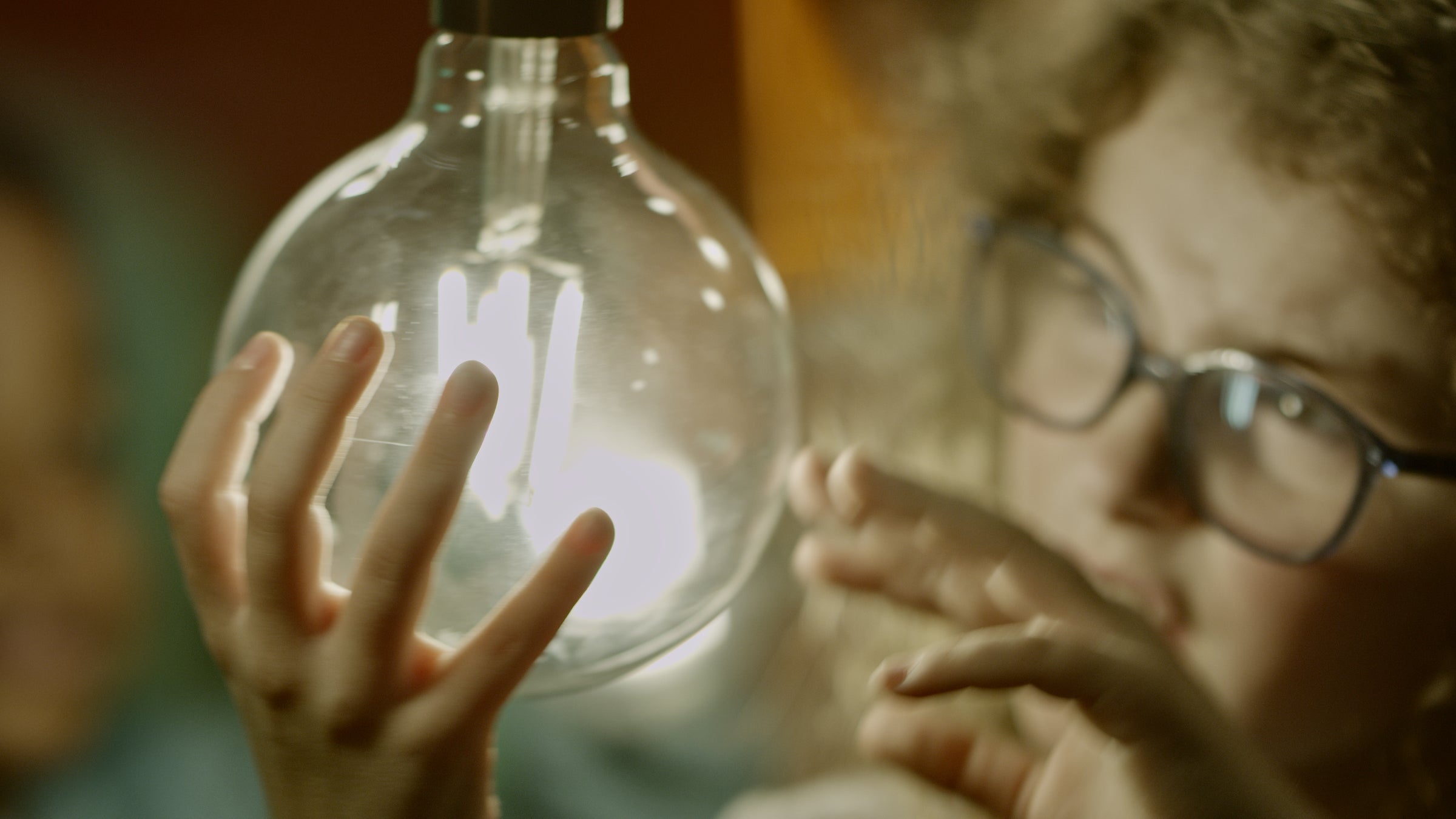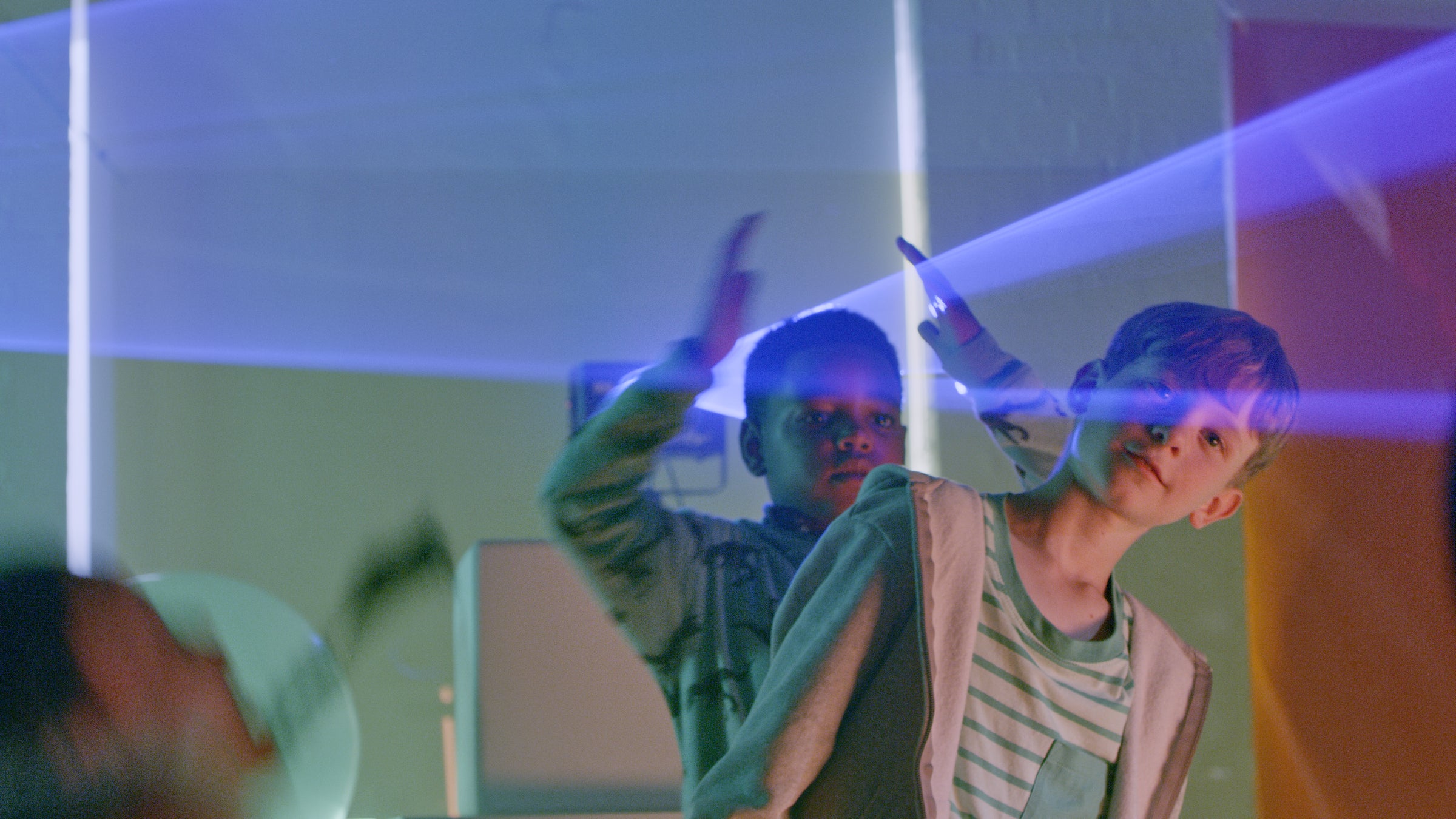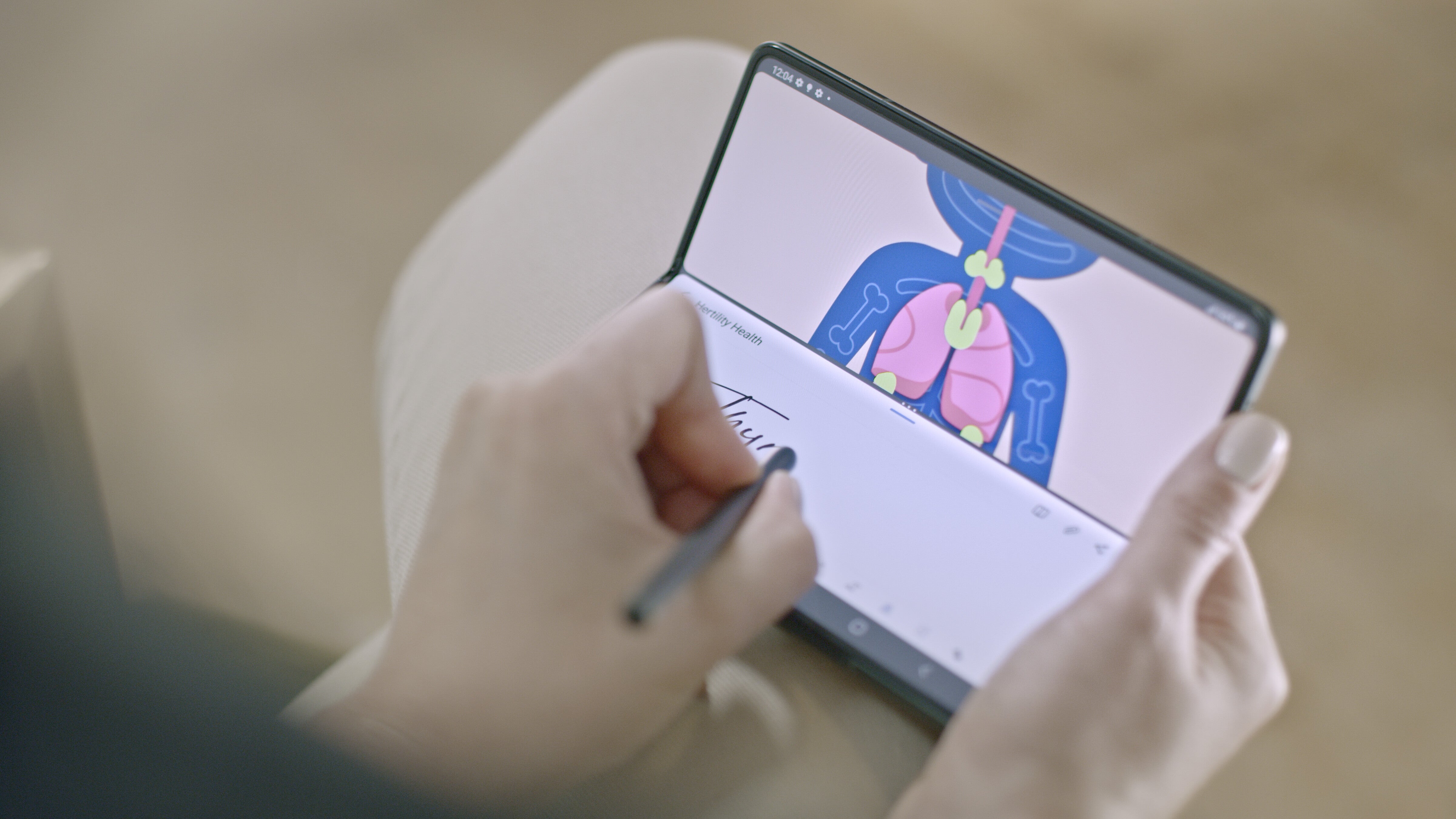How to rediscover your sense of curiosity and reap the benefits
Human behaviourist Ian Leslie reveals the different ways curiosity shapes our lives, work and happiness as well as simple tips to tap into its powers and regain this child-like sense of wonder

Remove this from the world and you’ll find everything slows to a stop. No, we’re not talking about power sources like electricity or petrol. We’re talking about a fundamental force in human nature; a spirit that has guided humans from cave-dwelling hunter-gatherers to urbane city folk; a secret superpower that has advanced the limits of human society and individual achievement time and time again.
Curiosity – the innate need to know, to discover, to learn. What and where would we be without it? We may not have made it here at all without the energy and drive curiosity inspires. It’s why you’ll find humans almost everywhere on our planet, and beyond it in space. Yet according to human behaviourist and author of Curious, Ian Leslie, although we are all born curious, not all of us bring this into adulthood, and we can lose out as a result. Because if curiosity makes the world go round, who wants to be standing still?

As Leslie explains, curiosity shapes us from the start – the first toys we play with, the ways we touch them, shake them, throw them, find out how they feel, what we can do with them. By trying new things, we build knowledge, and want to know more. “We are born with this instinct that we don’t know stuff and we’re not happy about it – we want to experience and discover.” However the contrast between childhood and adulthood is stark. “We ask 40,000 questions a year between the ages of two and five,” says Leslie – around 110 each day; adults, in comparison, ask a mere 20.
But while curiosity may be something many of us leave behind with childhood – along with turning cardboard boxes into spaceships or treehouses into castles – it doesn’t have to be this way. “Curiosity is a natural gift,” says Leslie. “But there’s a point where it becomes more like a muscle you need to exercise and maintain. The more you do this, the more creative and happy you’ll be. You just have to work at it.”
As we get older, we may feel more self-conscious about asking questions, believing this reveals gaps in our knowledge. We can become scared to share ideas that are too ‘out there’, that others may criticise or won’t understand.We can also be a victim of our success, as Leslie explains. “Once you’ve worked out how to do your job or perform a task, then you don’t feel curious anymore. The need to learn goes away – in a way, curiosity has done its job. But that doesn’t mean you shouldn’t cultivate it.”
Because the truth is, curiosity is vital to our lives, work and development, both personal and societal. “Curiosity is a life-changer and a tool for dealing with changes,” says Leslie. “It helps you adapt to whatever environment you’re in, to meet the challenges of an unpredictable future. We live in a time of such rapid change, that the people who survive and thrive are the ones whose curiosity helps them adapt to whatever comes next.”
It’s the mother of invention, too. “Nothing new comes to the market without curiosity driving it there,” says Leslie. “It’s what empowers you to look at something and ask ‘Why is it this way?’ Once you start asking that, you’re soon asking, ‘Why can’t it be another way?’ It’s a short step from ‘Why?’ to ‘Why not?’ This is why curiosity is so closely connected to innovation and creativity. Without it, a whole world of technological and artistic growth would be lost to us. It’s the reason we’re such a successful species – that we can live in the desert, the North Pole, all these different environments.”
Leslie’s tips for cultivating curiosity begin with spending time with the experts – children. “Talk to your kids or nieces and nephews, and try to answer those weird, difficult questions they have – like ‘What is air?’ or ‘Are we all monkeys?’ This makes you think about things you’ve taken for granted – it reawakens your curiosity in what’s around us and how we see and perceive the world.”

So does finding what Leslie calls an ‘informal mentor’, through work or other circles, who is happy to share their expertise, from a skill, craft or technology, to a sphere of learning. “Try to think of people the way children think of adults – as sources of secret knowledge, a great store of learning you can tap into,” says Leslie.
It’s also key to mix things up on your reading list, watch list and to-do list, so you’re always weaving in something new, that’s out of your comfort zone. “Habit is a curiosity killer – once we get used to a situation, our interest wanes,” explains Leslie. “Putting unusual, strange things together shakes you out of habitual patterns of thought. New ideas really come from fresh combinations of existing knowledge – different constellations of older ideas. To innovate, you need to put this information together in new ways, throw it into a different light.”
Leslie suggests creating a ‘spark file’ – a digital or physical notebook in which you collect interesting thoughts. “Fill it with facts you’ve come across, sentences you like, insights that strike you. Let it be random. And let it build. Over time you’ll build up a rich source of inspiration, and all these random pieces of information will start to spark off each other. Things you wouldn’t have put together you’ll think, ‘Oh that’s interesting, that relates to this …’ And suddenly your mind starts firing away with new ideas and ways of thinking.”

The inventive design and intuitive tech of the Samsung Galaxy Z Fold3 has been created to help spark your curiosity, pairing innovation with imagination to revolutionise the way you work, rest and play. To find out more, visit samsung.com
